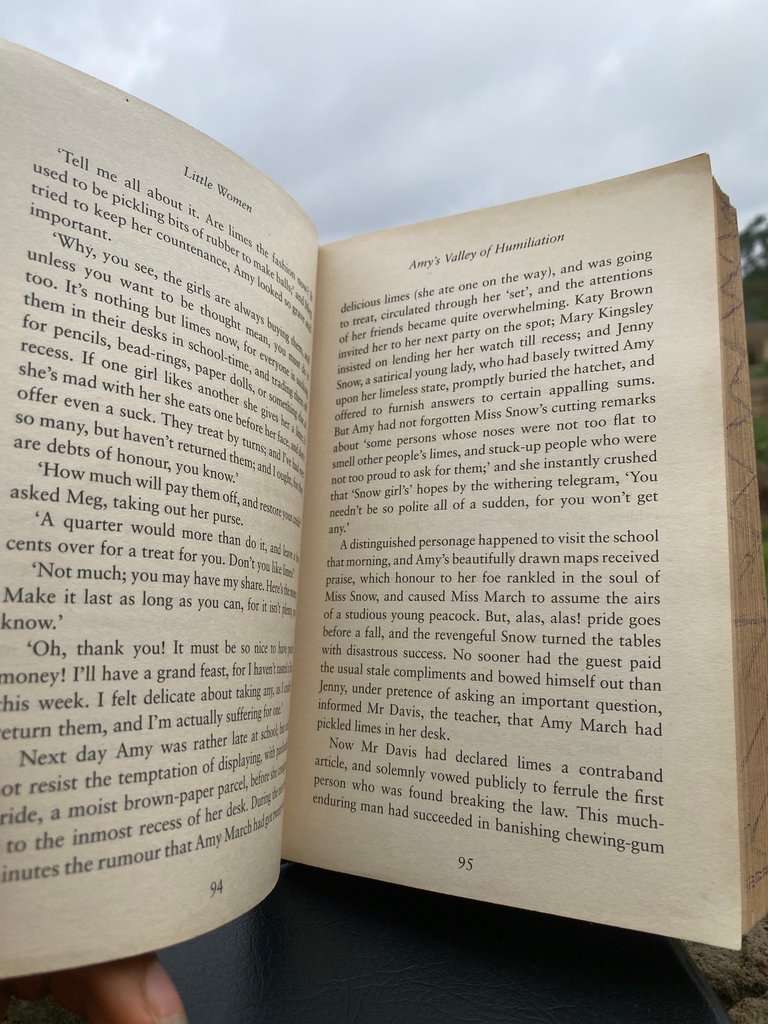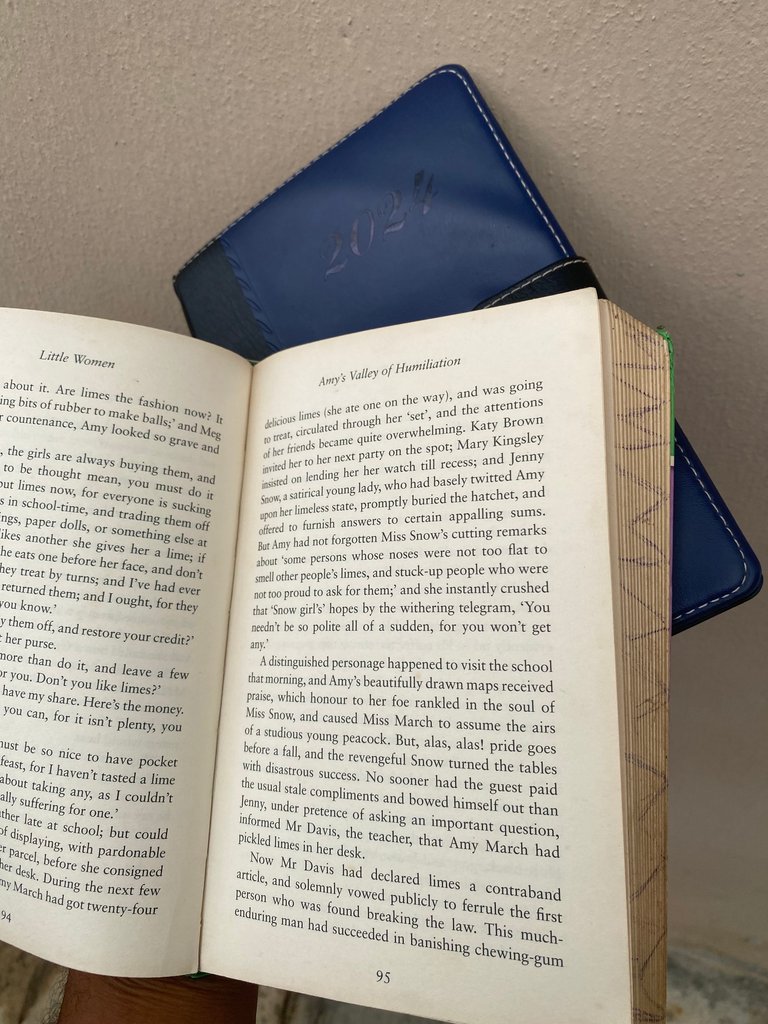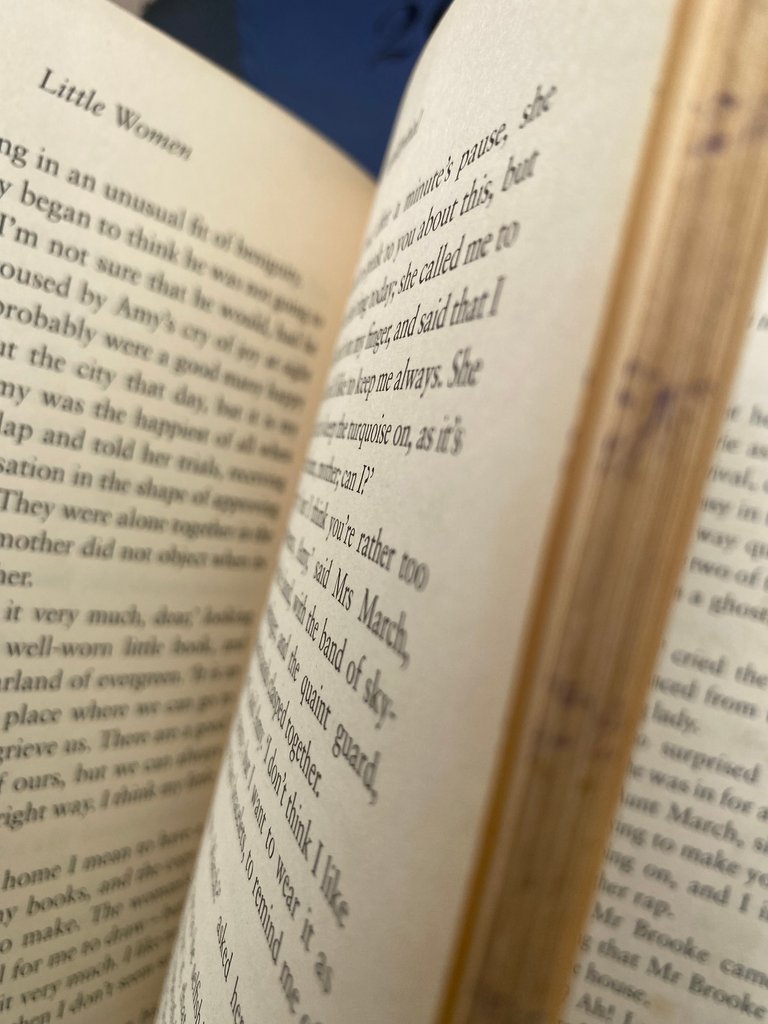
Modernity clashes with tradition. Before the modern era, people attributed many things to gods and spirituality. Those were the days when superstitious beliefs were prevalent. For example, they believed that seeing snails in the morning would cause backwardness, that whistling at night would attract snakes, and that eating in a dream would make you sick. These superstitions may sound amusing now, but they were strongly believed, and people lived their lives according to them. Of all these traditional beliefs, one that I find intriguing is the caste system in the eastern part of Nigeria - the Osu Caste system. “The Osu Caste System is an ancient practice in Igboland that discourages social interaction and marriage with a group of people referred to as Osu (outcasts).” (From Medium.) These and many more other issues are what Chinua Achebe explores in his work, No Longer at Ease.

Chinua Achebe was a Nigerian story writer, playwright, and critic. Although he never won the Nobel Prize, he is regarded as the greatest writer in the history of Nigerian literature. His most notable work is Things Fall Apart. Most of his works revolve around colonialism and the aftermath of colonialism- post colonialism. Unlike some other “great” Nigerian writers, I find Chinua Achbe’s works easy to understand and dissect.

No longer at ease takes readers on a profound exploration of marriage, culture, love and a bit of colonialism. The novel revolves around Obi, a young and promising man who grew up with his father, mother, and siblings in the village of Umuofia. As a young boy, Obi excelled in school and came out with good grades. Recognizing his bright future, the Umuofia Progressive Union (an organization in the Igbo community) awarded him a scholarship to study law in England so he'd come back and win law cases for them. However, Obi chose to study English.
In England, Obi met Clara, a Nigerian, and although they had an awkward first meeting, their second meeting sparked a relationship. Obi returns back to Umuofia and the villagers are happy to meet him. He got a job in the senior office in the scholarship office. Basically, his job is to recommend people for scholarships. As the narrative progresses, Clara reveals to Obi that she is an Osu (an outcast) and that she doesn't want to ruin his life. News gets to the Umuofia Progressive Union and Obi’s mother. Despite warnings from his mother, and the Union, Obi is still determined to marry Clara. “You will not marry her while I'm alive-” his mothers words. Will Obi, a modern man caught between tradition and modernity, fight against all odds to get married to Clara, an outcast?

There's nothing like reading a book that's unlike any other. Have you ever read a book that breaks away from traditional rules? Typically, most books follow a chronological plot order. Have you ever read a book that starts from the middle or the end instead? Some authors choose to reveal what happens in the end or middle at the beginning. For example, some authors use techniques like flashbacks, non-linear storytelling, or in media res. This is exactly what Chinua Achebe does in No Longer at Ease: he starts the novel with what happens at the end and then takes it back to the beginning. I'm not sure if this technique works for other book lovers, but I absolutely love it when authors break away from traditional rules.
Another notable strength in Chinua Achebe's No Longer at Ease is how he creatively explores the conflict between modernity and tradition. Today, modernity has taken over the world, overshadowing traditional beliefs, but it seems some people are still rooted in the past, especially those who lived through earlier times or were raised in households that strongly believe in traditions. Growing up, I spent some years with my grandmother. Before she moved to the city, she grew up in a village. She's a typical example of a traditional woman. She'd often tell us what we shouldn't do because it went against tradition. While most of the things she believed in seemed absurd to us, she took them seriously.
While analyzing this book in school, my lecturer asked us this question; if you were Obi, would you marry Clara, knowing fully well that she is an outcast? While some were of the notion that traditions do not matter nowadays, others believe that it is best to avoid getting into trouble.
I enjoyed reading this book and I recommend it to all book lovers. I give it a 4.5 out of 5 stars.
Thanks for reading.
Posted Using INLEO